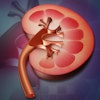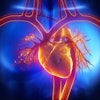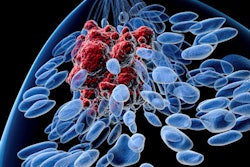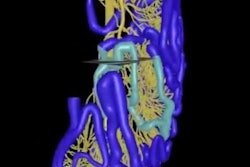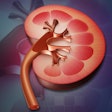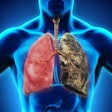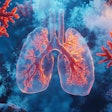Not performing chest CT on patients with stage I or II breast cancer would miss very few pulmonary metastases, while significantly reducing healthcare spending and avoiding a significant number of false positives, according to a study published in the June issue of Journal of the National Comprehensive Cancer Network.
A research team from the Siteman Cancer Center at Barnes-Jewish Hospital and Washington University used data from a prospective database to study the records of more than 3,300 patients diagnosed with early-stage breast cancer between 1998 and 2012 (JNCCN, June 2017, Vol. 15:6, pp. 783-789).
Of these patients, 11% with stage I cancer and more than 36% with stage II cancer received a chest CT scan within six months of diagnosis -- contrary to recommendations in the National Comprehensive Cancer Network (NCCN) Clinical Practice Guidelines in Oncology. Of these 683 patients, only nine (1.3%) were diagnosed with pulmonary metastases. However, benign pulmonary nodules were found in 175 (25.6%) of the patients.
"Not only do the costs of the chest CT and subsequent imaging and workup put a cost constraint on the already burdened healthcare system, but the psychological impact of such results on a patient and their family is enormous," lead author Dr. Barbara Dull said in a statement from the NCCN.
The results support the NCCN guidelines, which recommend standard imaging with bilateral mammography and ultrasound and, in some cases, breast MRI in women with early-stage breast cancer, according to the NCCN. Chest CT is not recommended for patients asymptomatic for distant metastases.


